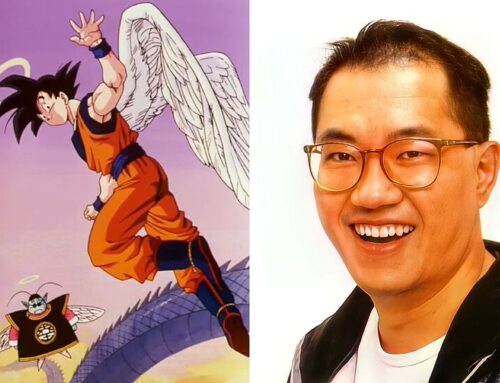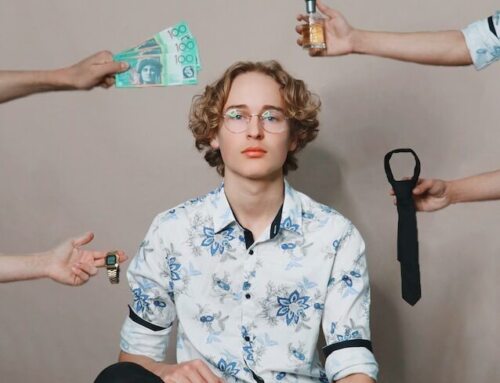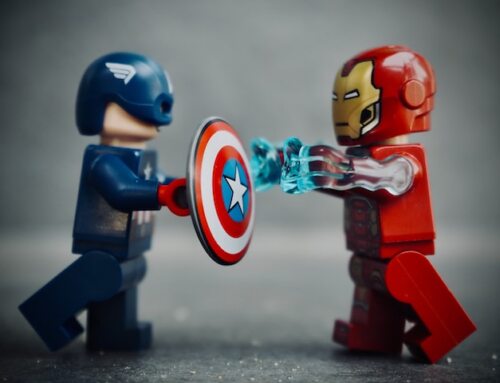Ever since Aldous Huxley’s Brave New World and George Orwell’s 1984 were released, people debate which author predicted the future.
Will we move towards government control, censorship and so-called security (Orwell) or will we entertain ourselves to death so that we lose our identity and freedoms through numbness (Huxley)?
The novels ask age-old questions: freedom or safety? Honest truth or peace and comfort? Whichever we choose, will those in power grant them? What will the cost of our choices be?
Here We Are, Now Entertain Us!
Most would argue that Huxley’s Brave New World hit the nail on the head. We are entertained to death, so focused on eliminating pain and suffering that we numb ourselves with screens and other dopamine boosters. Minimize pain, maximize pleasure.
This was Brave New World. Take drugs to regulate emotions. Avoid deep conversations so that relationships are fun and easy. Birth humans in test tubes and never bond to anyone since bonding means pain when they hurt us. If you get hurt, take the drug and let the emotions pass.
Keep calm and carry on.
In many ways, we today are in Huxley’s dystopia, and our disconnected culture is part of the cause: We have Facebook friends, but often no real friends that we can share our whole hearts with. People know our Instagram highlight reels, but our authentic selves are unknown.
Anxiety and insecurity ensue. Numbing ourselves and hiding from reality has indeed enslaved us, as Huxley argued it would.
But does our story end in Huxley’s world?
From Numbness to Polarity
I believe it is our social media culture (as well as the actual tech devices that made social media a possibility) that has led to insecurity, which in turn feeds cravings for security. Interestingly, there is evidence that social media use leads to polarized perspectives – something rampant today.
We are also picking stronger leaders, a sign of an anxious people. During times of peace, people want egalitarian leaders. In times of uncertainty, we want someone more authoritative to give us a sense of control and security.
Makes sense doesn’t it?
We are textbook insecure human beings as a culture. Anxious, reactive, and ready to pounce (or flee) at the slightest sign of danger. As a result, we crave security, even if that security is at the sacrifice of once hard-fought-for freedoms. We crave it from leaders, policies and even from Facebook friends. Don’t post anything that challenges us, lest we cancel you!
But here’s where things come full circle.
Our Brave New World we thought was free (it wasn’t) leaves us craving the control we lack. It has begun to numb us and disconnect us; in disconnection, we become insecure and anxious; in anxiety, we crave security. The swing reverses, and George Orwell’s warnings somehow become as real and true as Huxley’s.
What Will We Choose?
Of course, no one would deny that both Orwell and Huxley were speaking to genuine and true human experiences throughout history. The books were not opposite theories so much as archetypal analyses of human reality, possibilities of our broken world. But who would have thought the two could be so closely related?
In the end, both created false utopias that were, in fact, undesirable dystopian extremes. That is the take-away from each novel, if there is one. We should never give government too much control; neither should we allow ourselves to be numbed by drugs, entertainment or other pleasure such that we suck the life, however messy, out of life. Suffering is inevitable and must be endured, and any politician, businessman or philosophy that says otherwise should be looked on with great skepticism.
Sometimes things that promise freedom are trojan horses carrying slavery.






